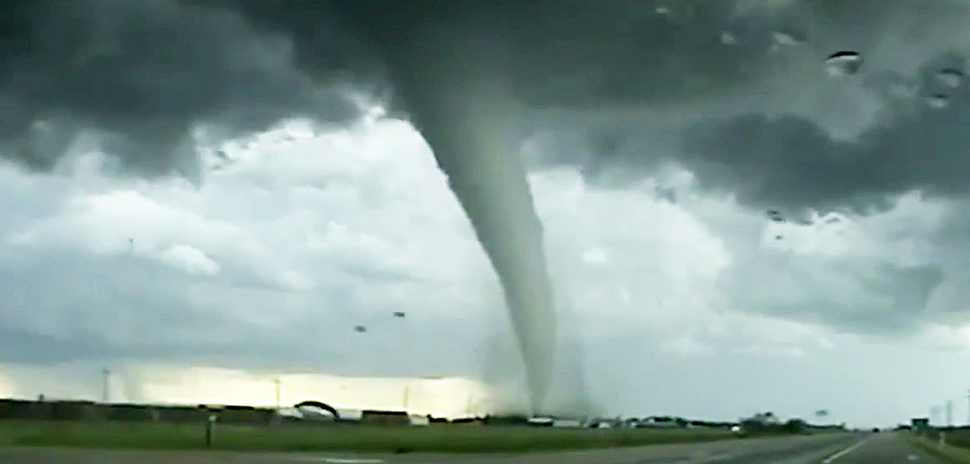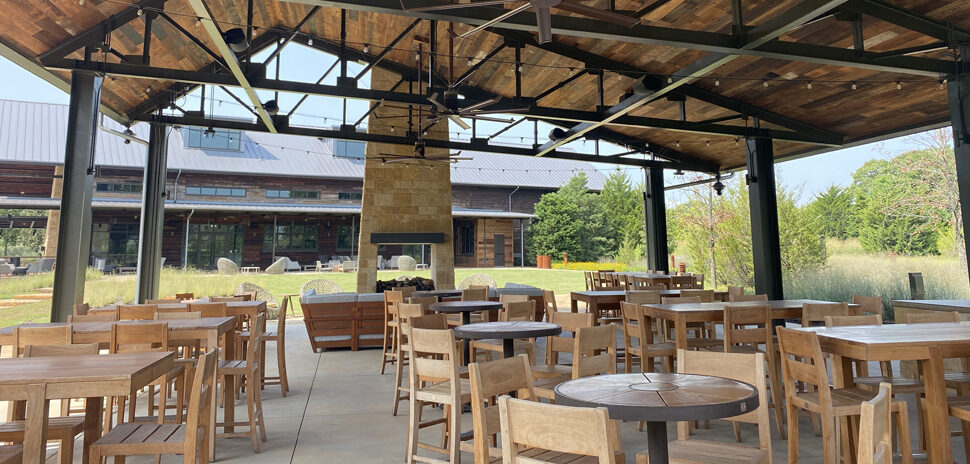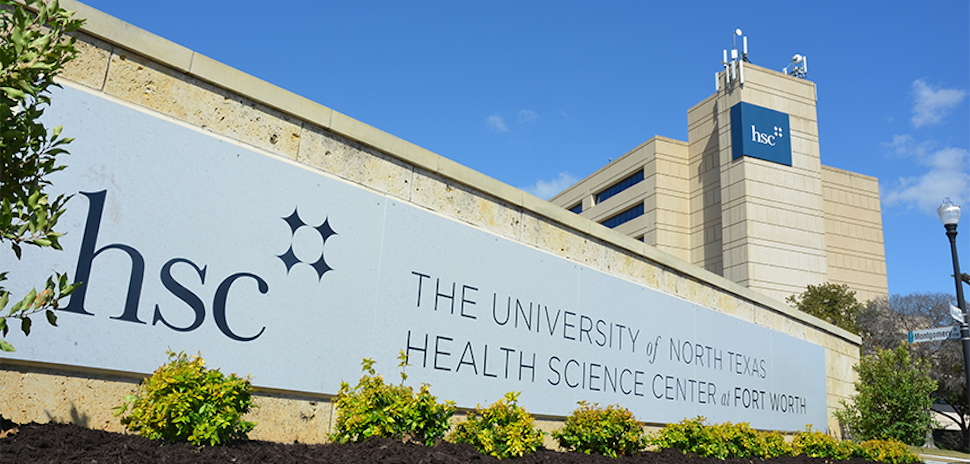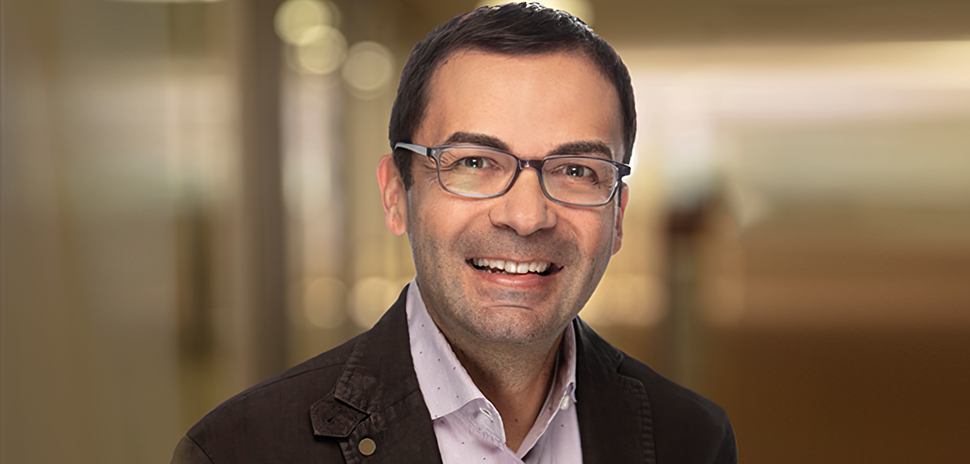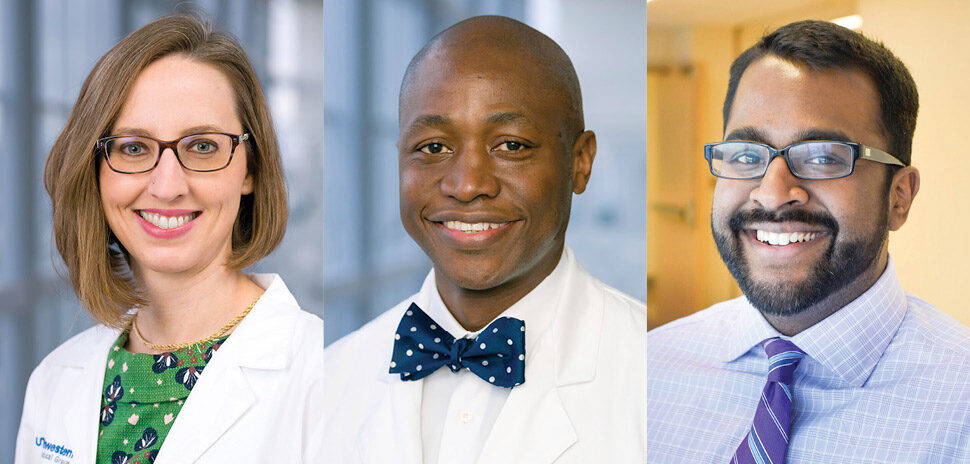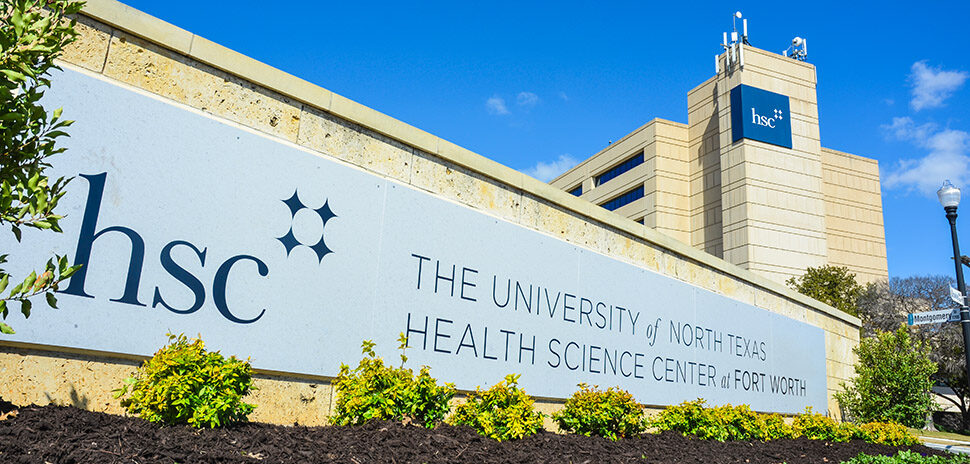CASA’S RADAR BEAMS PROVIDE DATA ON TORNADOES, STORMS
![]() A new “Living Lab for Severe Weather Warning Systems in North Central Texas,” has been created by the partnership announced this week by the weather network and analytics company Understory and the University of Massachusetts Amherst and Colorado State University—the lead institutions for the Engineering Research Center for Collaborative Adaptive Sensing of the Atmosphere, CASA, that is based in Fort Worth.
A new “Living Lab for Severe Weather Warning Systems in North Central Texas,” has been created by the partnership announced this week by the weather network and analytics company Understory and the University of Massachusetts Amherst and Colorado State University—the lead institutions for the Engineering Research Center for Collaborative Adaptive Sensing of the Atmosphere, CASA, that is based in Fort Worth.
You couldn’t find a better location for the center because, as we all know, North Texas is prone to some pretty extreme weather — tornadoes, hail, massive damaging thunderstorms packing high winds, and ice storms in the winter.
The center will provide critical data to close observation gaps in real-time and support more-accurate forecasting, and enable more rapid allocation of resources during a severe weather event, according to a release.

[Courtesy CASA video]
“Understory is able to contribute AI-driven proprietary data to CASA’s pilot project, which seeks to revolutionize the human ability to observe, understand, predict and respond to hazardous weather,” Understory CEO Alex Kubicek said. “Our in-situ station measurements, in conjunction with more traditional, radar-based networks create a holistic picture of weather as it unfolds, enabling first responders and emergency managers to make quicker decisions.”
It’s all about the closing those observational gaps and improving efficiency.
“In this program, we are bringing together environmental data providers with local community users in a public-private partnership model to close weather observation gaps and drive more efficient and effective responses to weather events,” said Brenda Philips of UMass Amherst, CASA’s co-director.
Here’s a video about the center featuring noted DFW meteorologists David Finfrock and Rebecca Miller.
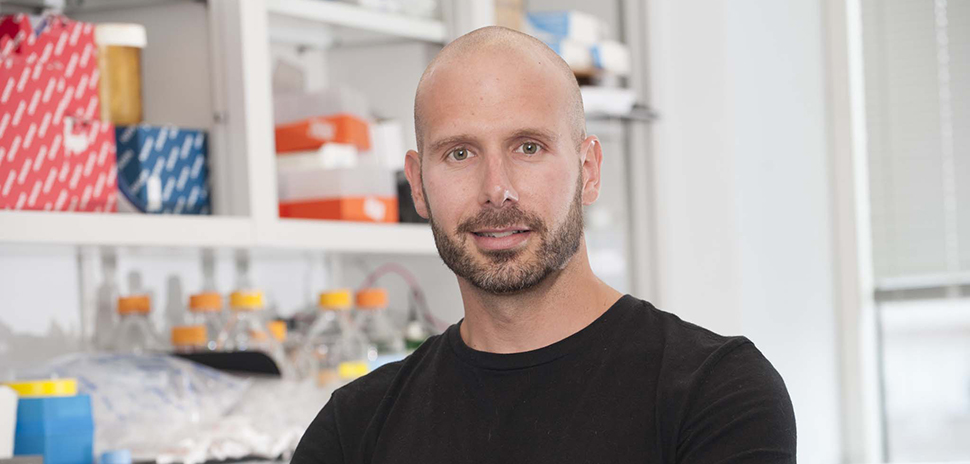
Mark Pellegrino {Photo Courtesy UT Arlington]
UTA PROF GETS $1.8M GRANT TO STUDY WAYS TO FIGHT ‘SUPERBUGS’
Superbugs, those dangerous bits of bacteria that don’t respond to modern antibiotics, have been in the news in recent years, and a researcher at the University of Texas at Arlington is on the case.
Mark Pelligrino, assistant professor of biology, is lead investigator on a five-year, $1.8 million grant from the National Institutes of Health, looking for new ways to enable the body’s own defense responses to fight the pesky pathogens.
“Superbugs, or strains of bacteria that are resistant to multiple families of antibiotics, are an increasingly important problem and can prove life-threatening to patients.”
Mark Pellegrino
“Superbugs, or strains of bacteria that are resistant to multiple families of antibiotics, are an increasingly important problem and can prove life-threatening to patients,” Pellegrino said in a release.
“My team is looking to harness the way mitochondria defend themselves to generate new ways to both boost innate immunity and improve resistance to infections,” Pelligrino said.
In the release, UTA said that mitochondria have multiple functions within cells that include production of energy and the metabolism of amino acids and lipids, as well as the regulation of programmed cell death. Find out more about the research here.
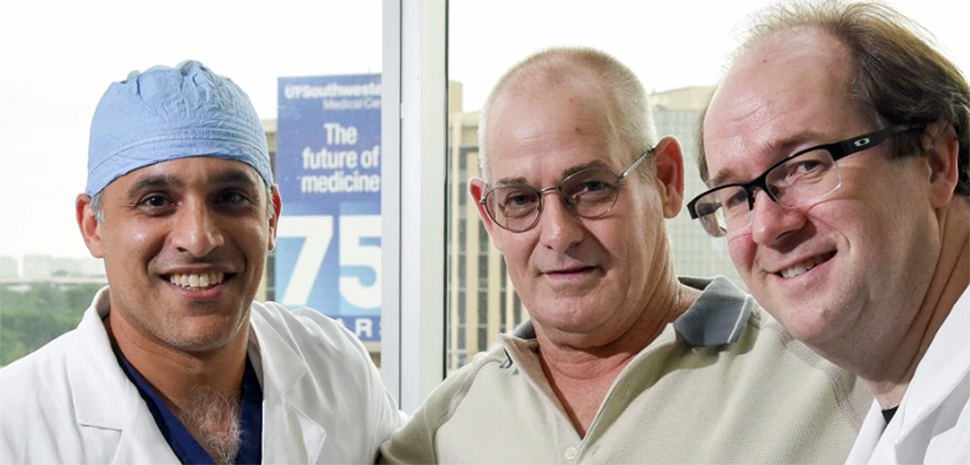
Drs. Parsia Vagefi, left, and Malcom MacConmara, right, with transplant patient Gregory Nielsen at UT Southwestern Medical Center in Dallas. [Photo Courtesy UT Southwestern]
UTSW HELPS LEAD STUDY OF NEW LIVER TRANSPLANT TRANSPORT
You’ve probably seen a TV show depict an organ for transplant being delivered to a hospital contained in a cold-storage system filled with an ice-cold fluid. It’s been that way for liver transplants since the first one was performed in 1963.
“It’s like a virtual transplant.”
Dr. Malcolm MacConmara
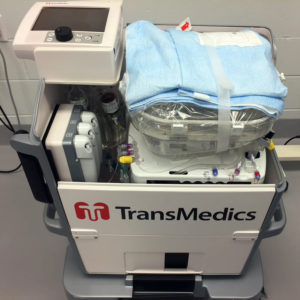
The portable Organ Care System at UT Southwestern. {Photo Courtesy UT Southwestern]
Now, a transplant surgeon at UT Southwestern Medical Center — Dr. Malcolm MacConmara — is leading an international clinical trial of a new device that keeps the liver warm while circulating blood through it during transport
The trial, called The Liver PROTECT study, is evaluating the portable Organ Care System, and UT Southwestern is one of 10 trial sites in the nation and the only one in Dallas.
“It’s like a virtual transplant,” MacConmara said in a release. “By putting the liver on the machine, we can truly approximate the conditions in the body. We provide oxygen, blood, and nutrition to the liver and watch how it functions before the patient receives the organ.”
You can find out more about the method and the case of transplant patient Gregory Nielsen here.
#DallasDiscovers: Follow our roundup of Dallas-Fort Worth R&D news on Twitter at @DallasInnovates.
READ NEXT
R&D: Researchers Make Legal Meth to Test Drug Breathalyzer; UTA Prof Advises Feds on Pain Prevention
![]()










